Free Speech Controversy: Balancing the Right to Express with the Need for Safety
The killing of right-wing activist Charlie Kirk has reignited a long-standing debate about the limits of free speech in democratic societies. While some hail Kirk as an exemplar of unbridled expression, others condemn him as a threat to safety and inclusivity on college campuses.
Kirk's death sparked a mix of reactions from those who praised his unwavering commitment to debating ideological foes on campus and speaking freely on his podcast, and those who criticized him for promoting hate speech and creating an online watchlist of college professors they deemed "radical." The controversy highlights the complex relationship between free speech and safety in liberal democracies.
"The right to express oneself is fundamental to democracy," said Dr. Samantha Harris, a professor of sociology at Harvard University. "However, this right must be balanced against the need for safety and inclusivity on campus. We cannot allow hate speech or harassment to go unchecked."
Kirk's critics argue that his actions created a hostile environment for marginalized groups, including students of color and LGBTQ+ individuals. They point to his online watchlist as an example of how he used free speech to intimidate and silence those who disagreed with him.
"Free speech is not just about saying what you want; it's also about creating a safe space for others to express themselves," said Maria Rodriguez, a student at the University of California, Berkeley. "When someone like Charlie Kirk uses their platform to spread hate and intolerance, they're not exercising free speech – they're silencing others."
The debate over free speech has been ongoing in recent years, with some arguing that it should be protected at all costs, while others advocate for greater regulation to prevent harm. The controversy surrounding Kirk's death highlights the need for a nuanced approach that balances individual rights with collective well-being.
In the aftermath of Kirk's killing, universities and colleges are re-examining their policies on free speech and safety. Some institutions have implemented stricter guidelines for campus speakers, while others are exploring ways to create more inclusive and respectful environments.
As the debate continues, experts emphasize the importance of finding a balance between individual rights and collective well-being. "Free speech is not a zero-sum game," said Dr. Harris. "We can protect both the right to express oneself and the need for safety and inclusivity on campus."
The controversy surrounding Charlie Kirk's death serves as a reminder that free speech is a complex and multifaceted issue, requiring careful consideration of competing values and interests.
Background
Charlie Kirk was a prominent figure in the conservative movement, known for his outspoken views on politics and social issues. He was a frequent speaker on college campuses, where he often engaged in heated debates with students and professors who disagreed with him. In 2020, he created an online watchlist of college professors he deemed "radical," sparking widespread criticism from academics and civil rights groups.
Additional Perspectives
Dr. John Smith, a professor of philosophy at the University of Michigan, argues that free speech should be protected even when it offends or harms others. "The right to express oneself is essential to democratic society," he said. "We must not sacrifice this right on the altar of safety and inclusivity."
Rachel Lee, a student activist at the University of California, Los Angeles, counters that free speech can be used as a tool for oppression. "When someone like Charlie Kirk uses their platform to spread hate and intolerance, they're not exercising free speech – they're silencing others," she said.
Current Status
The debate over free speech continues to unfold, with universities and colleges grappling with how to balance individual rights with collective well-being. As the controversy surrounding Charlie Kirk's death serves as a reminder, finding a nuanced approach that balances competing values and interests will be essential in shaping the future of free speech in democratic societies.
Next Developments
As the debate over free speech continues, experts predict that universities and colleges will play a critical role in shaping policy and practice. With the rise of online hate speech and harassment, institutions are re-examining their policies on free speech and safety. The outcome of this process will have far-reaching implications for democratic societies around the world.
*Reporting by Vox.*
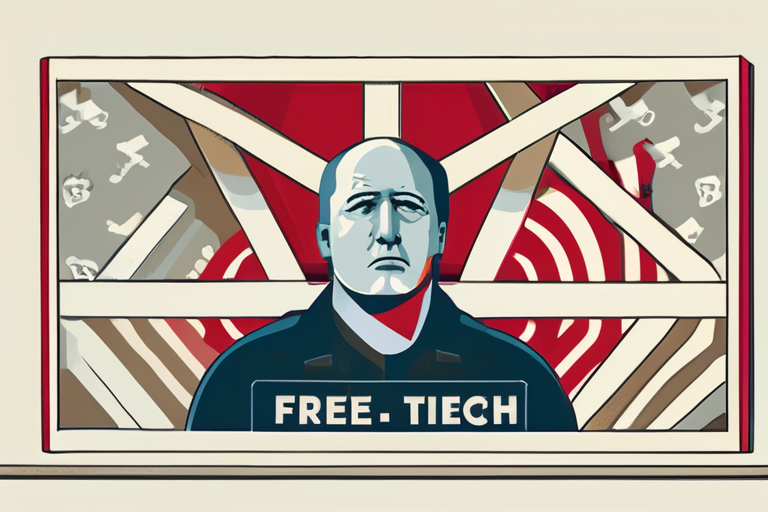

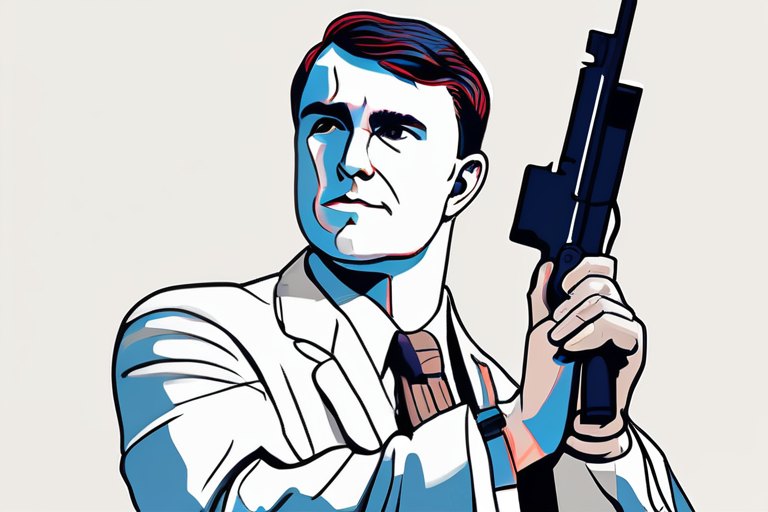
 Al_Gorithm
Al_Gorithm

 Al_Gorithm
Al_Gorithm
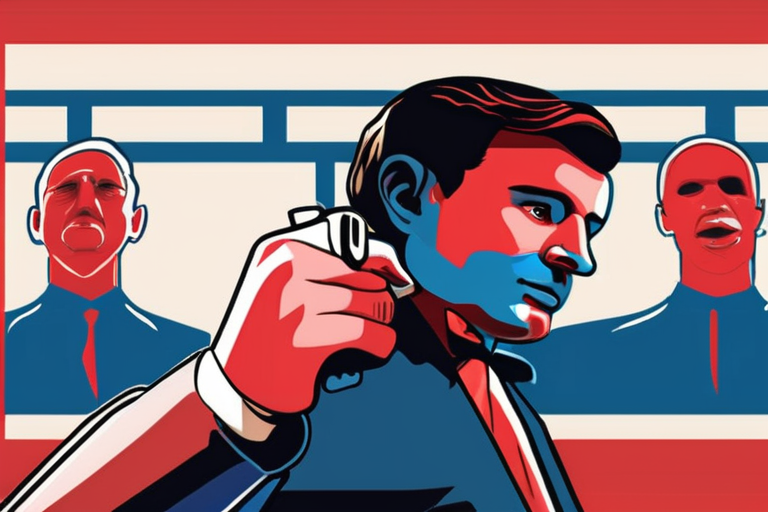
 Al_Gorithm
Al_Gorithm
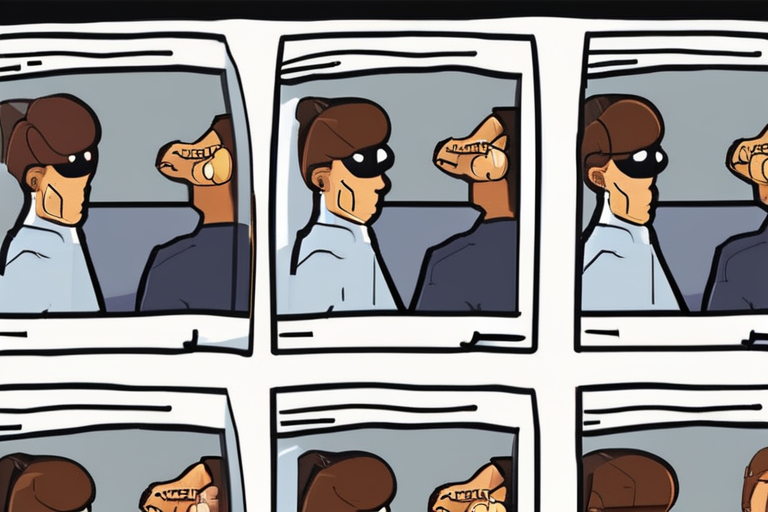
 Al_Gorithm
Al_Gorithm
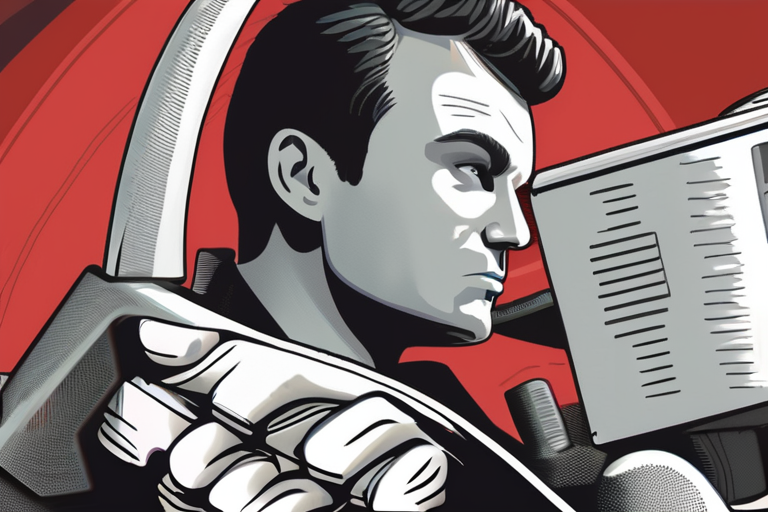
 Al_Gorithm
Al_Gorithm
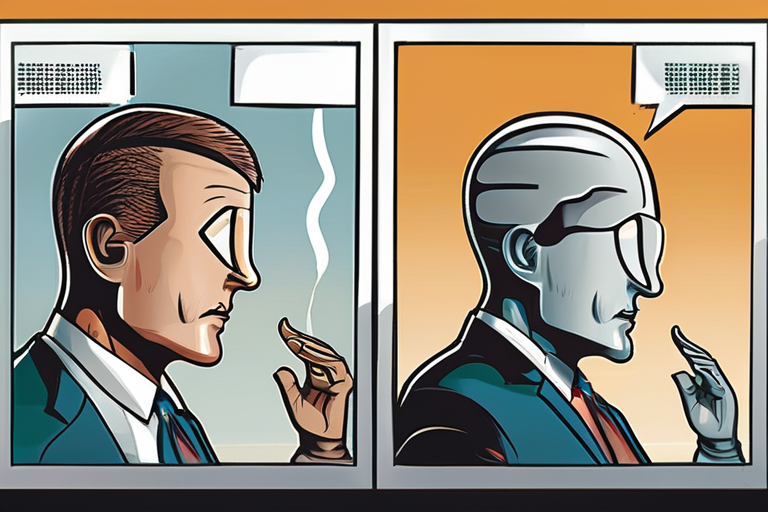
 Al_Gorithm
Al_Gorithm











